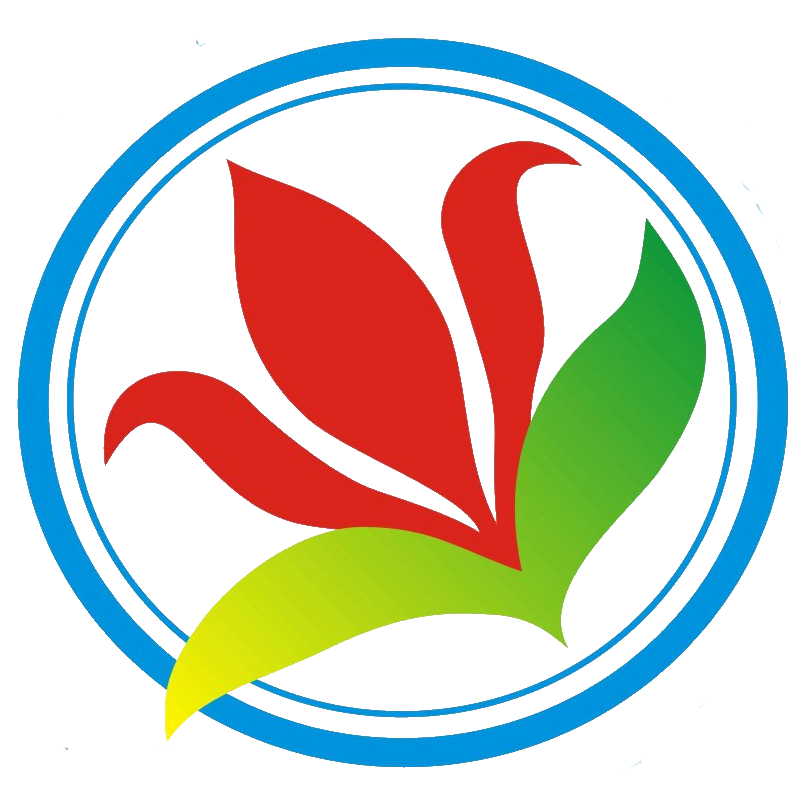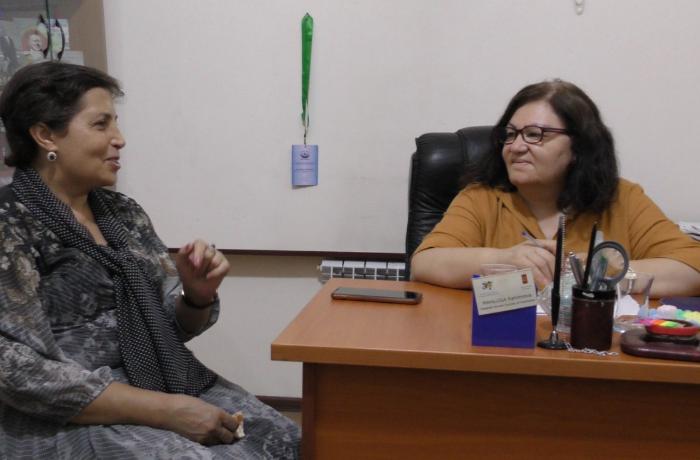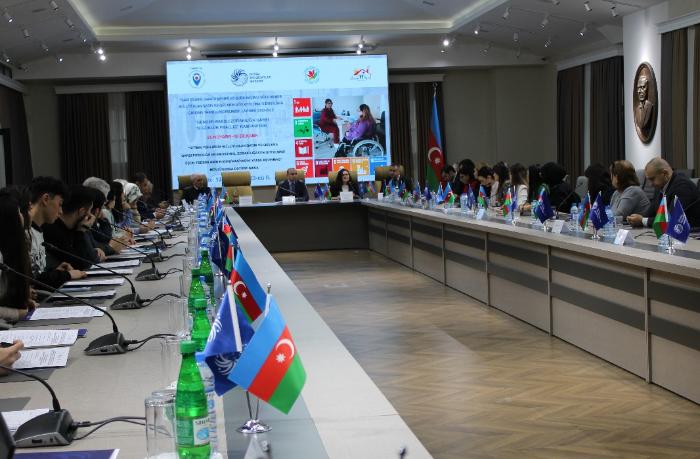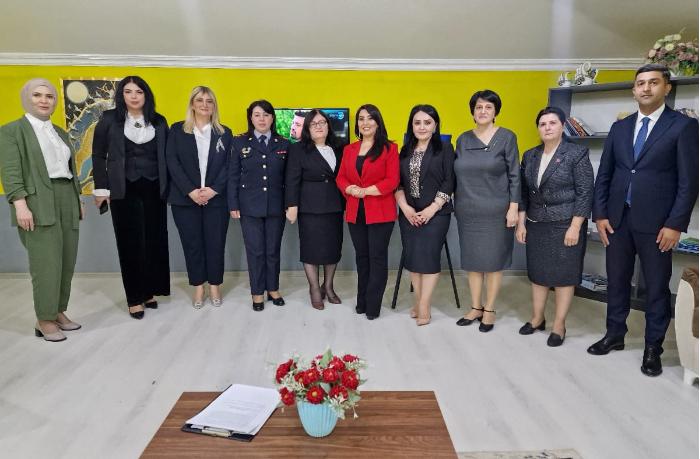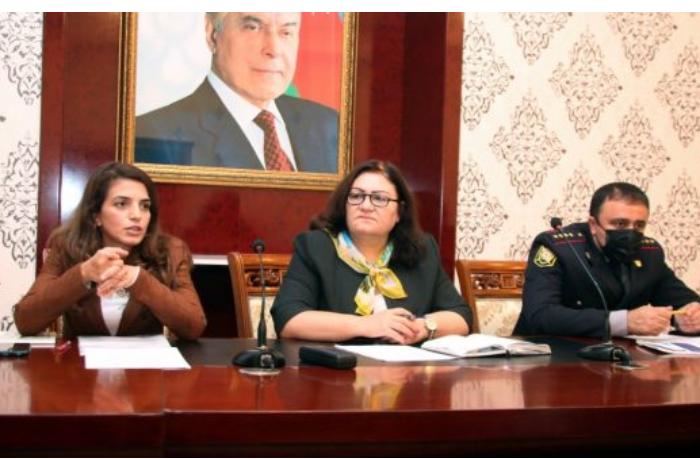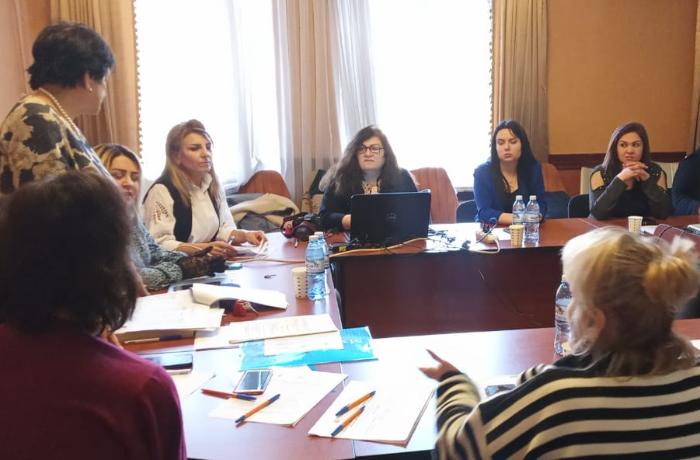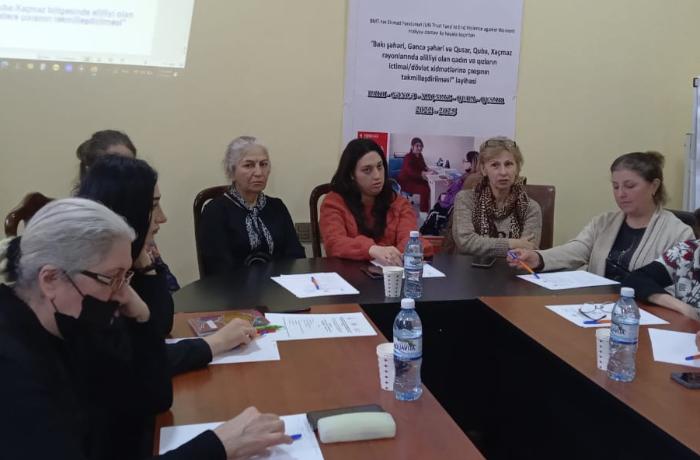Project Title: “Life Stories of Refugee Women with Disabilities”
Financial Support: Agency for State Support to Non-Governmental Organizations
Baku, Azerbaijan – With the financial support of the Agency for State Support to Non- Governmental Organizations, the project “Life Stories of Refugee Women with Disabilities” sheds light on the dramatic life experiences of women who were forcibly deported from Western Azerbaijan (present-day Armenia) between 1948–1953 and since 1988 due to ethnic and political persecution, and who have since been compelled to live with physical disabilities. The testimonies of Azerbaijani refugee women, forcibly displaced and living with disabilities, regarding human rights violations will be presented on an international platform. Implemented aspart of a civil society initiative in Azerbaijan, the “Life Stories of Refugee Women with Disabilities” project aims to bring the personal accounts of forcibly displaced women with disabilities to the attention of the international community. A five-minute documentary video produced under the project will present the real testimonies of these women, whose rights were violated and voices ignored, alongside historical facts and within a legal context. This initiative is fully aligned with the United Nations principles of “Leaving No One Behind,” “Women’s Empowerment,” and “The Right to Dignified Return for Refugees.”
Project Objectives
Financial Support: Agency for State Support to Non-Governmental Organizations
Baku, Azerbaijan – With the financial support of the Agency for State Support to Non- Governmental Organizations, the project “Life Stories of Refugee Women with Disabilities” sheds light on the dramatic life experiences of women who were forcibly deported from Western Azerbaijan (present-day Armenia) between 1948–1953 and since 1988 due to ethnic and political persecution, and who have since been compelled to live with physical disabilities. The testimonies of Azerbaijani refugee women, forcibly displaced and living with disabilities, regarding human rights violations will be presented on an international platform. Implemented aspart of a civil society initiative in Azerbaijan, the “Life Stories of Refugee Women with Disabilities” project aims to bring the personal accounts of forcibly displaced women with disabilities to the attention of the international community. A five-minute documentary video produced under the project will present the real testimonies of these women, whose rights were violated and voices ignored, alongside historical facts and within a legal context. This initiative is fully aligned with the United Nations principles of “Leaving No One Behind,” “Women’s Empowerment,” and “The Right to Dignified Return for Refugees.”
Project Objectives
- To amplify the voices of refugee women with disabilities at the global level
- To advocate for the recognition and promotion of the right of return, based on UN conventions
- To document violations of international human rights and humanitarian law
- To call for the activation of regional and global protection mechanisms
Legal Framework and International References
- UN Charter
- Universal Declaration of Human Rights (1948)
- 1951 Convention Relating to the Status of Refugees and its 1967 Protocol
- Convention on the Rights of Persons with Disabilities (CRPD)
- Convention on the Elimination of All Forms of Discrimination against Women (CEDAW)
- UNHCR Principles on Voluntary, Safe, and Dignified Return
Call for Action and International Cooperation
The project seeks to make visible, on a global scale, the lived experiences of this marginalized group of women, while also documenting violations of international law to draw the attention of relevant institutions. This initiative further aims to contribute to strengthening and effectively implementing international protection mechanisms, fostering sustainable dialogue, and building a rights-based environment of cooperation. We call upon relevant UN agencies — OHCHR, UNHCR, UN Women, UNDP, ECOSOC — as well as the European Union Human Rights Mechanisms and the international community, not to remain indifferent to these voices. The right of return, the need for rehabilitation, socio-economic protection, and access to justice for these women must be ensured. The project will be presented on international platforms, including the UN Human Rights Council in Geneva, the UN Commission on the Status of Women (CSW), and the annual sessions of the UN High Commissioner for Refugees. Both the report and the documentary video will be shared in Azerbaijani and English.
Recommendations and Expectations
The documentary and thematic report prepared under the project will be submitted to UN structures in Geneva and New York, as well as to regional human rights mechanisms. Project partners are encouraged to engage more actively in cooperation in the field of implementation and monitoring of international human rights and humanitarian law principles.
Conclusion
This is not just a video — it is a bridge to the voices of forcibly displaced women around the world. As long as the rights of refugee women with disabilities are not recognized, international law remains only a set of principles on paper.
“Justice – can only be restored by securing our right of return and dignity.”
“Return – is a right, not a choice.”
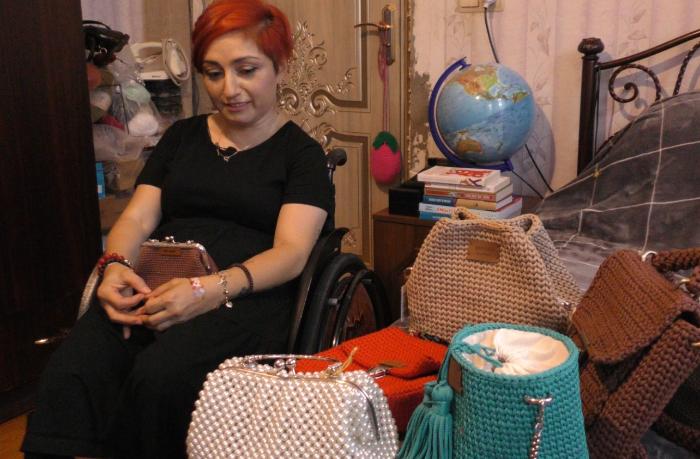
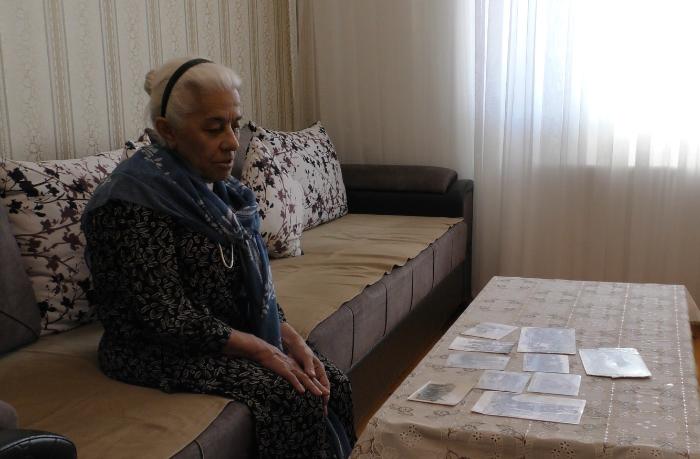
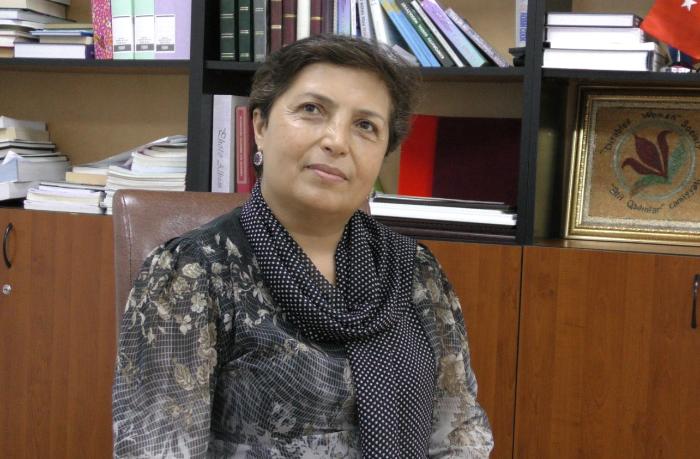
The project seeks to make visible, on a global scale, the lived experiences of this marginalized group of women, while also documenting violations of international law to draw the attention of relevant institutions. This initiative further aims to contribute to strengthening and effectively implementing international protection mechanisms, fostering sustainable dialogue, and building a rights-based environment of cooperation. We call upon relevant UN agencies — OHCHR, UNHCR, UN Women, UNDP, ECOSOC — as well as the European Union Human Rights Mechanisms and the international community, not to remain indifferent to these voices. The right of return, the need for rehabilitation, socio-economic protection, and access to justice for these women must be ensured. The project will be presented on international platforms, including the UN Human Rights Council in Geneva, the UN Commission on the Status of Women (CSW), and the annual sessions of the UN High Commissioner for Refugees. Both the report and the documentary video will be shared in Azerbaijani and English.
Recommendations and Expectations
The documentary and thematic report prepared under the project will be submitted to UN structures in Geneva and New York, as well as to regional human rights mechanisms. Project partners are encouraged to engage more actively in cooperation in the field of implementation and monitoring of international human rights and humanitarian law principles.
Conclusion
This is not just a video — it is a bridge to the voices of forcibly displaced women around the world. As long as the rights of refugee women with disabilities are not recognized, international law remains only a set of principles on paper.
“Justice – can only be restored by securing our right of return and dignity.”
“Return – is a right, not a choice.”



